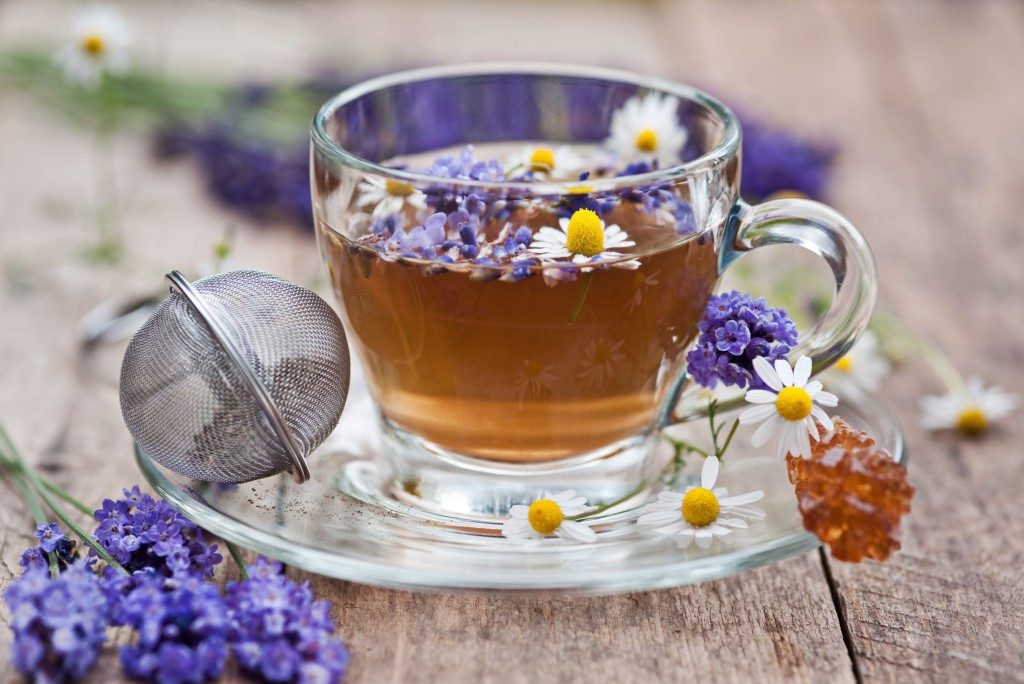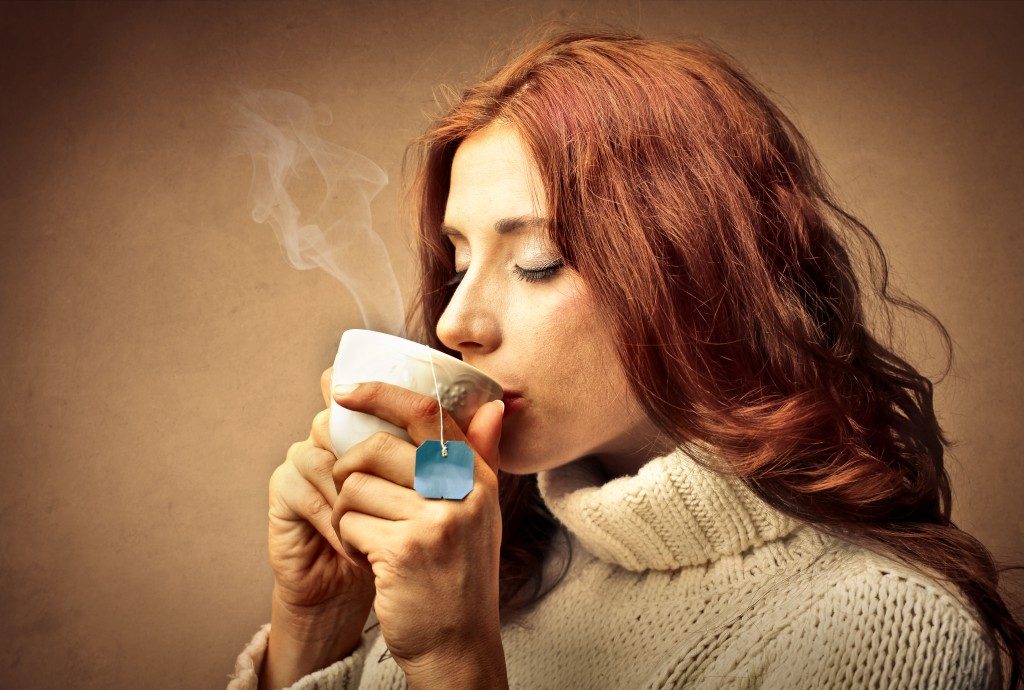Someone may enjoy tea every hour of the day. You can start a morning with a nice, hot cup of your favorite blend. After lunch, why not wash down your meal with another delicious brew? If you want to wind down in the evening, make yourself a cup of tea and savor the soothing vapors while you ready for bed.
But like all beverages, there can be such a thing as a bad cup of tea. The temperature may be off. Your tea may either be too hot or too tepid. Worse, the flavor may be wrong. These problems typically come from the second most important ingredient of a cup of tea: the water.
The Soul of a Good Cup
Tea requires the right kind of water. Aside from the temperature, what’s floating around in the water will affect the clarity and taste of your cup of tea. Water falls into two classifications: hard water and soft water, and either kind could change the flavor of your tea.
When water falls from the cloud as rain, it’s naturally soft water, which means that it contains fewer minerals, such as calcium and magnesium in it. Water acquires deposits of these and other minerals when it flows over rocks in rivers or collects in lakes and underground aquifers.
The presence of these mineral deposits in hard water can give it a different taste, depending on their quantity. Too much of these minerals and the water is cloudy and has a strong flavor, neither of which you want in a good cup of tea. You can treat hard water by using water softener systems to remove or lessen these deposits. But water without any minerals at all tends to make a flat cup of tea, a cup with its soul devoid of character.
So what is the right water for a good cup of tea?
Lu Yu on Making Tea

Thankfully, civilizations have been drinking tea for centuries, even millennia. And among the foremost experts in the making and brewing of tea are the Chinese. Sometime around the year 733 CE, a monastery abbot named Lu Yu wrote a monograph on the best way of brewing tea. The book dispenses wisdom on the art of tea-making and philosophizes on the activity.
He also names the perfect water for the perfect cup of tea. And where does Lu Yu suggest you draw your water? He wrote that the best water for tea is spring water, with river water coming in second. Specifically, he wrote that tea brewers should use spring water that has flowed slowly over granite and stone. This implies that you shouldn’t use water with very little to no mineral content.
It seems a little excessive, though, to trek to some remote mountain spring just to brew a great cup of tea. What kind of water can you substitute for this liquid? One modern tea aficionado says that today, your brewing water should have a pH between 6 to 8 for a neutral taste. It should also contain no chlorine at all, which can react with the chemicals in the tea. Finally, the water should have a hardness of 1 to 4 grains, to ensure that the minerals don’t overcome the tea and that it’s not completely tasteless.
The perfect cup of tea could be the foundation of a perfect day or the capstone to a perfect evening. Going the extra mile to brew it just right can reward you in ways you might not notice. So fill your cup with the right water and brew ahead.

